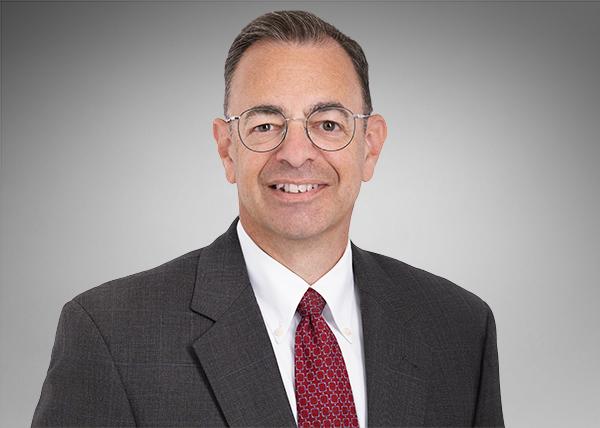Michael Granston’s commentary was included in a Global Investigations Review article covering the Department of Justice’s tariff enforcement efforts under the False Claims Act (FCA).
“I think tariffs are going to be a high priority for this administration, and I think importers do need to be very prudent in how they act in this area,” Michael said.
While using the FCA against companies isn’t new, Michael noted, the new administration’s heightened emphasis on tariff enforcement is. The Criminal Division’s new corporate enforcement policy, announced in May, also places trade and tariff enforcement first on its list of priorities for whistleblower cases, Michael added.
The DOJ’s specific legal mechanisms to enforce the FCA have stood up to litigation, he said. Courts have upheld the government’s use of the Act’s “reverse false claims” provision, which holds defendants accountable if they fail to pay or underpay duties to the government, he said. He pointed to a 2023 appeals court ruling affirming that the failure to pay customs duties qualified as an “obligation” under that provision. “There is certainly an available legal mechanism to pursue these types of claims, which is a reason why companies do want to be diligent about ensuring that they pay the proper amount of customs duties,” he said.
Michael also observed that the DOJ has other ways to enforce tariff fraud outside of the FCA statute. One regulation allows the DOJ to impose penalties for negligence and fraud if they make a materially false statement when importing goods. Michael said penalties can depend on the domestic value of the merchandise – and the recoveries can sometimes be larger under this section than in FCA cases, he said. “Importers should not lose sight of [Section] 1592,” he said. “You can’t just have a narrow view of False Claims Act exposure.”
“I anticipate that anyone who thinks they have information about trade and customs fraud will probably bring that information under both programs and see what shakes out,” Michael said.
Back
Back




